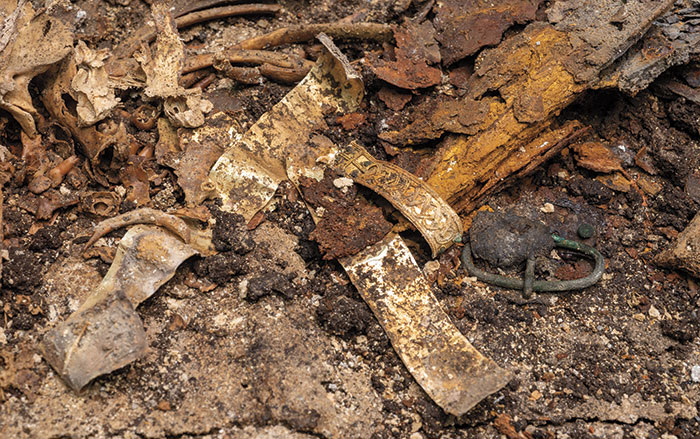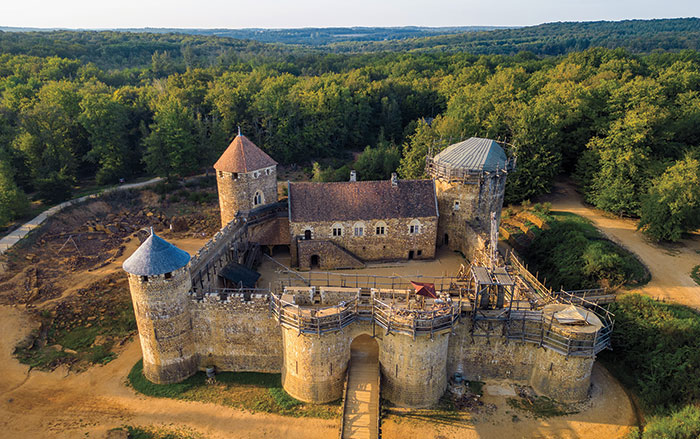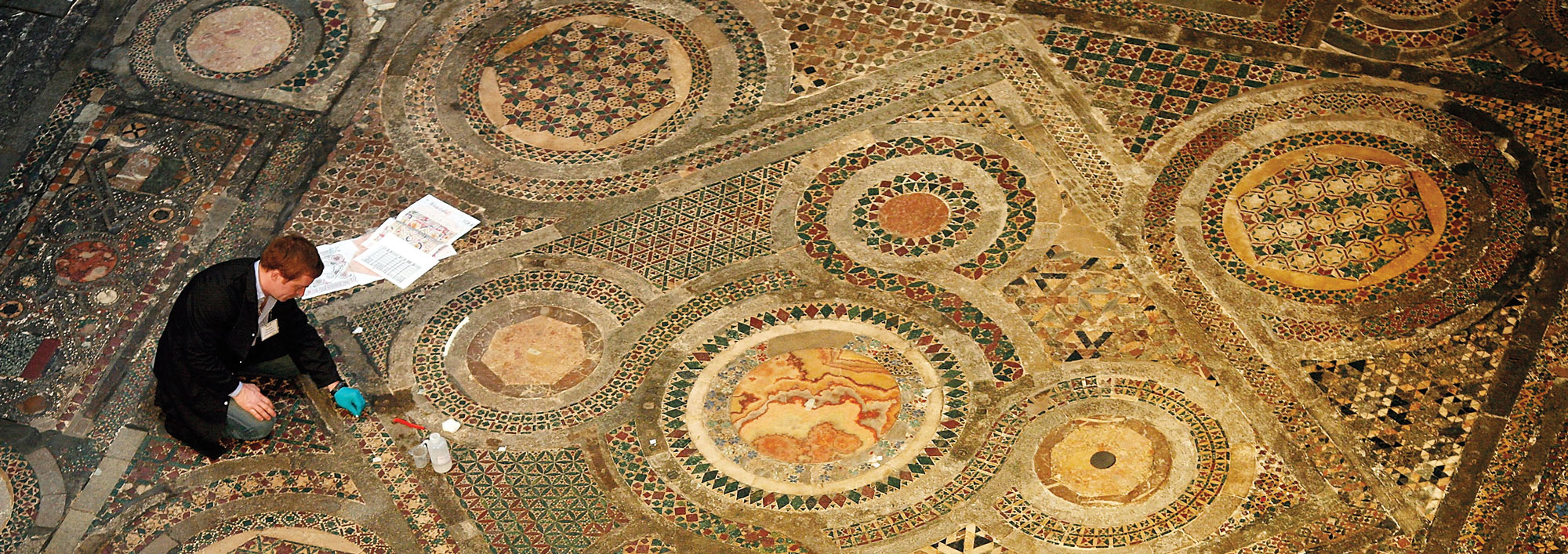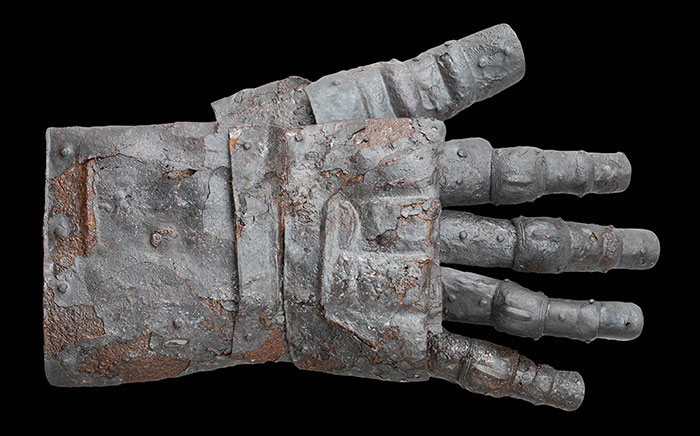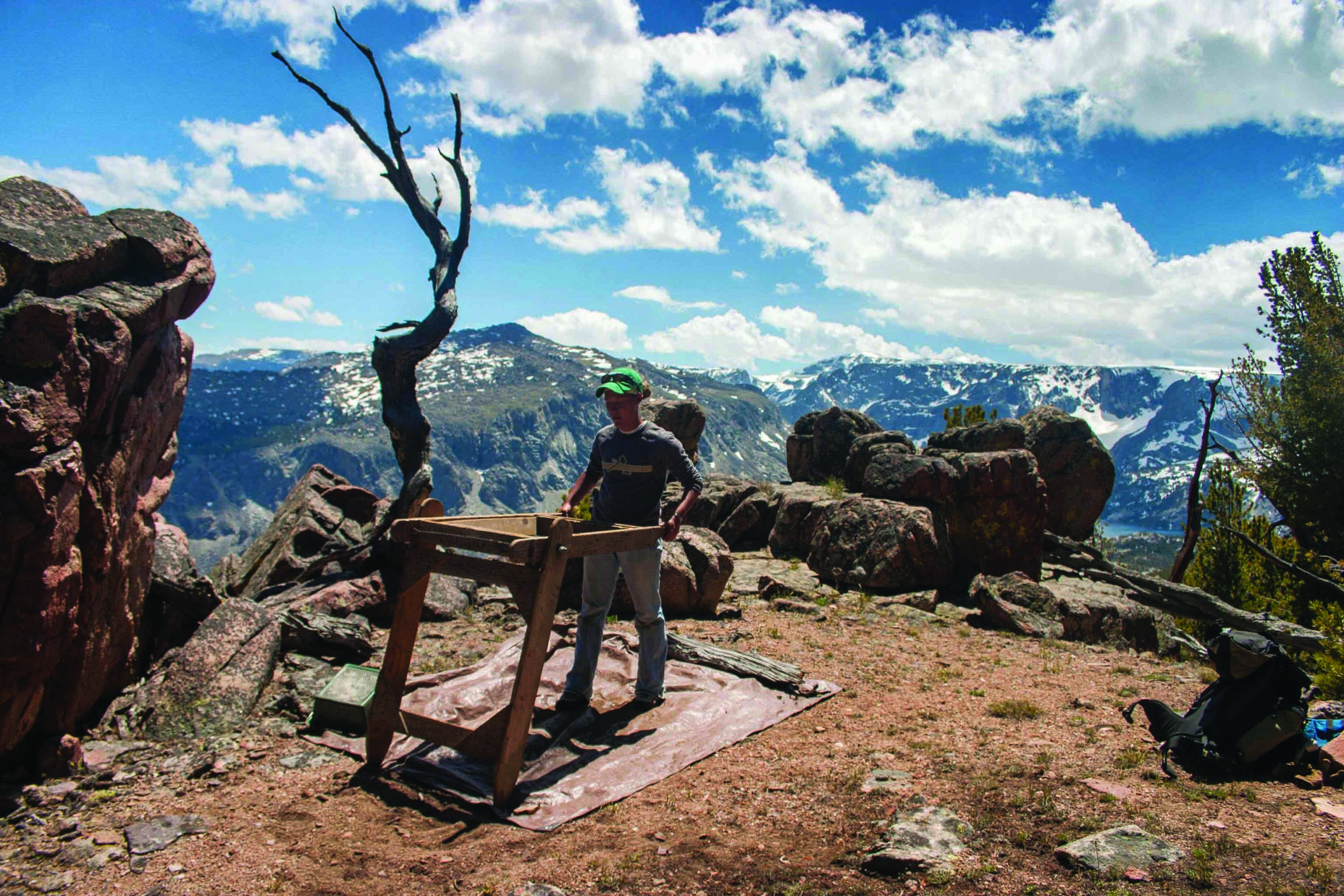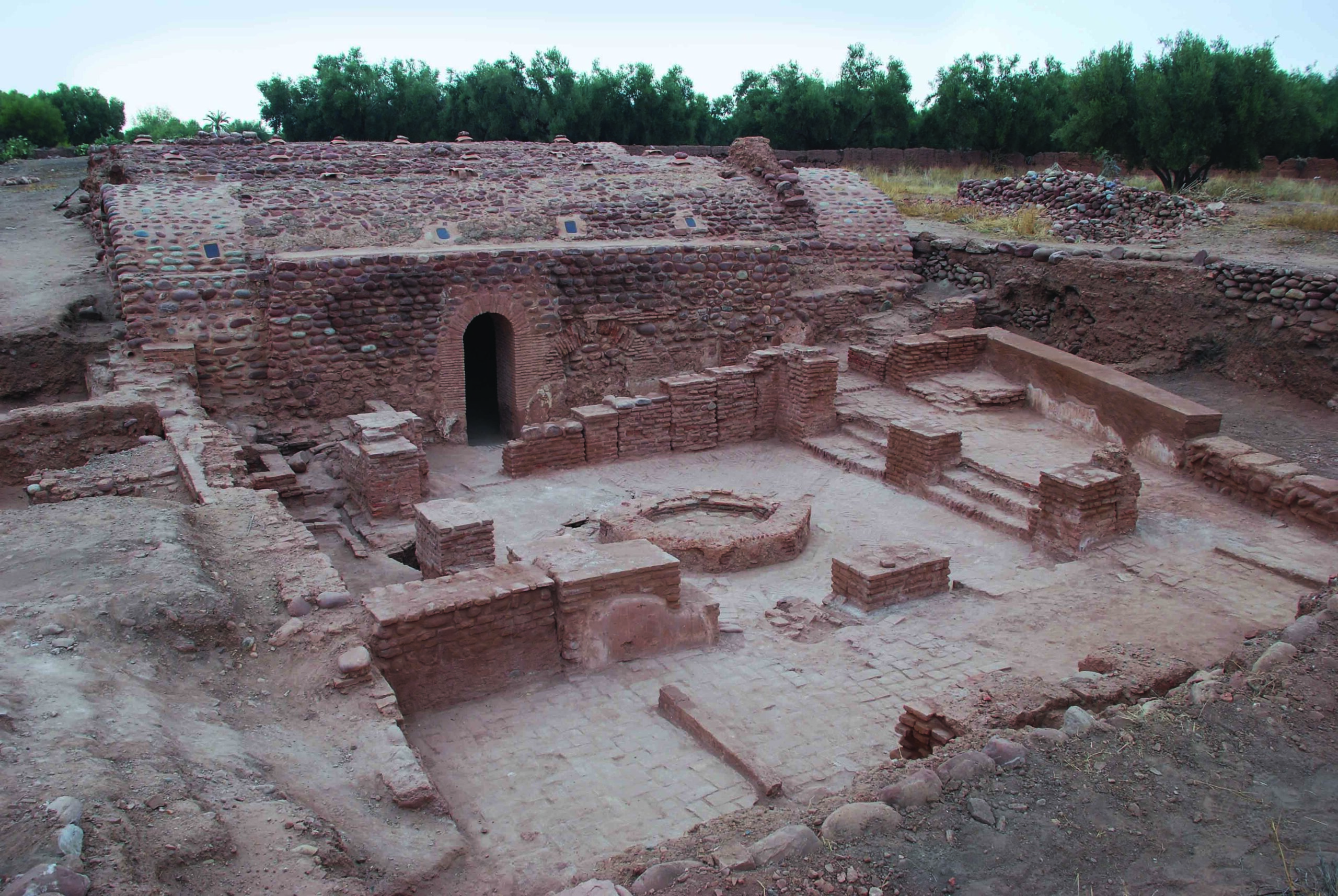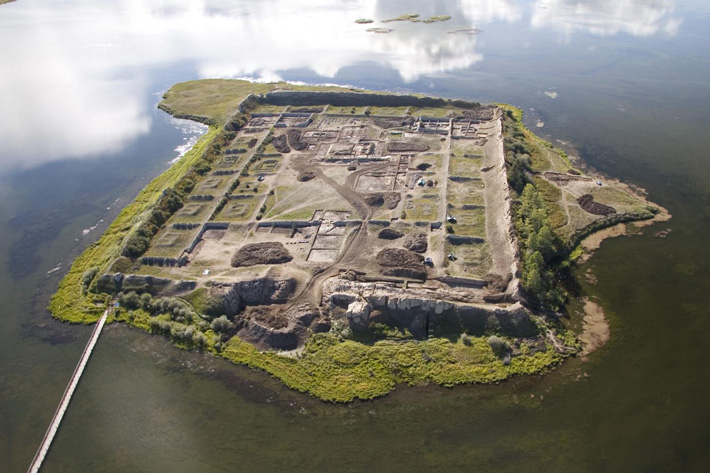
GRONINGEN, NETHERLANDS—According to a statement released by the University of Groningen, scientists led by Margot Kuitems of the school’s Center for Isotope Research and their Russian colleagues have used a new radiocarbon dating technique, which is based on the presence of spikes in carbon-14 concentrations and tree-ring data, to obtain a precise date for the felling of a wooden beam in the foundation of southern Siberia’s Por-Bajin complex. Built on an island in a lake by nomadic Uyghurs, it had been thought that the complex was constructed in A.D. 750, during the reign of Bayan-Chur Khan, based on a runic inscription describing the construction of a large monument. Crafted with 40-foot-tall clay walls set on wood foundations, Por-Bajin measures 705 feet long by 530 feet wide. And although previous research suggests the complex was built over a short time period, it appears that it was never used. The new research revised the date of the construction of Por-Bajin to A.D. 777, during the reign of Tengri Bögü Khan, who had converted to the religion of Manichaeism. He was killed in an anti-Manichaean rebellion in 779. The new timeline suggests the Khan could have built the complex as a Manichaeism monastery that was no longer needed after his death. To read about the burial of a medieval man uncovered in Siberia, go to "Siberian William Tell."


